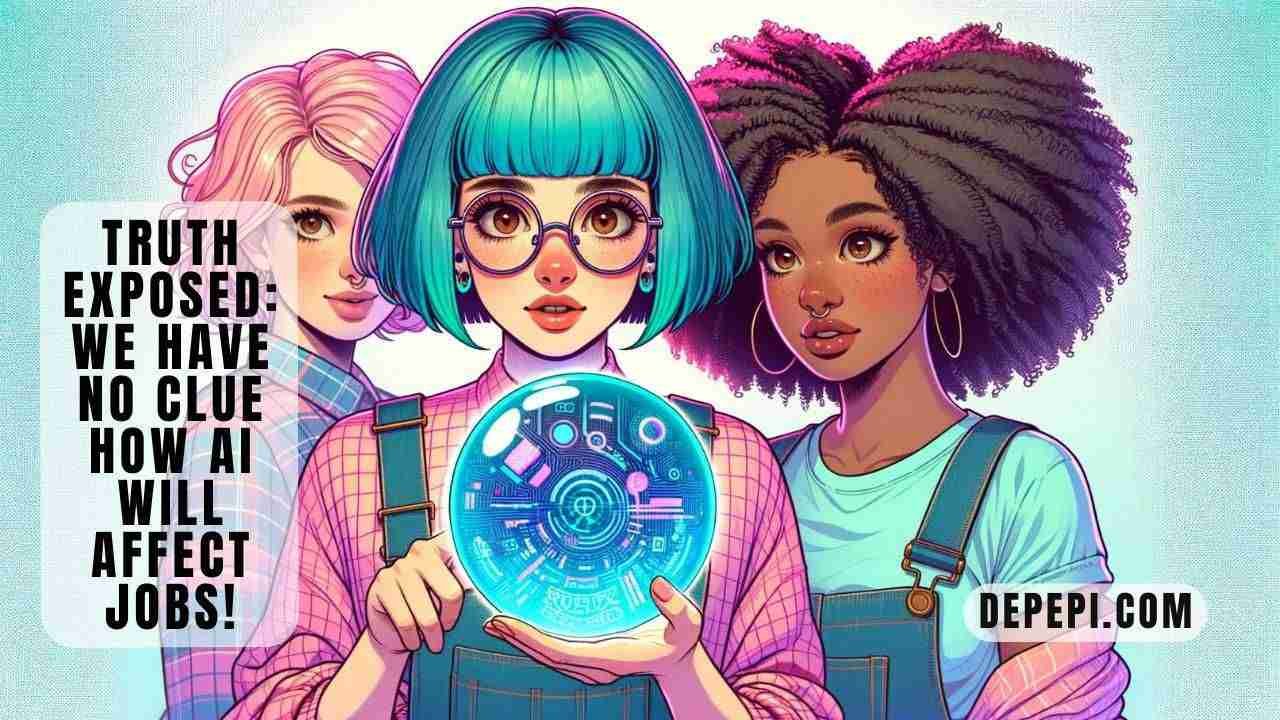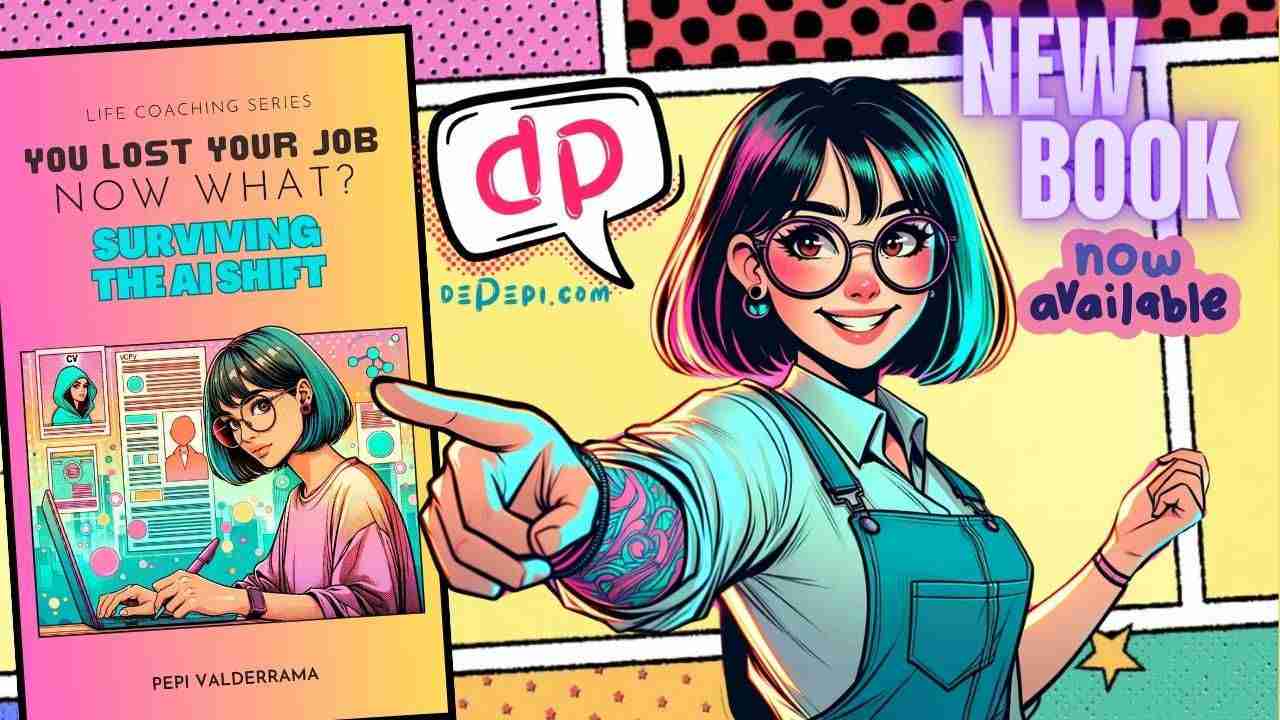Truth Exposed: We Have No Clue How AI Will Affect Jobs!

Did you know that we actually have no clue about how AI will affect jobs? This is one of the most hotly debated topics, bringing a plethora of uncertainties and possibilities. “You Lost Your Job. Now What? Surviving the AI Shift” serves as a crucial guide for those navigating this new terrain, offering insights and strategies to adapt and thrive in an AI-driven job market.
AI Will Affect Jobs in a Dual Way
Some businesses use AI to replace human roles, reducing workforce numbers to cut costs and increase efficiency. Then, many companies use AI to augment their workforce, enhancing productivity and job satisfaction among employees. This dual impact creates a diverse array of outcomes, from the potential for mass unemployment to the creation of new job opportunities that could enrich the labor market. This means that we don’t have much clue about how AI will affect jobs!
Mary Daly, CEO of the Federal Reserve Bank of San Francisco, brings a unique perspective to this issue. With a background as a labor market economist, she highlights that the application of AI in the workforce is varied. While some companies may use AI to replace workers, many are finding ways to use these technologies to augment their human employees, thereby enhancing their roles and capabilities.
Generative AI’s Role in Workforce Transformation
Generative AI is a major disruptor in many industries. For example, in industries like tech and media, the integration of AI has led to job transformations rather than outright eliminations. For example, AI tools help copywriters by drafting initial content versions, allowing human professionals to focus on more creative and nuanced aspects of their jobs.
Despite the optimistic views of AI making jobs more engaging and less tedious, there are legitimate concerns about its broader impacts. AI’s potential to exacerbate inequalities within the workforce is significant, affecting middle-skilled jobs.
The Future of Work
As AI reshapes the employment landscape, robust policy responses become crucial. Programs like guaranteed income are being discussed in the US as potential safety nets for those displaced by AI. The pilot program led by Michael Tubbs, former mayor of Stockton, California, provided $500 monthly to selected residents, demonstrating that such initiatives can lead to improved job prospects, financial stability, and health outcomes.
Meanwhile, in Europe, we have pilots surrounding “universal income.” However, the question remains: if we do that, how is the economic system going to look in the future?
HR’s Role and Ethic Considerations
HR departments play a critical role in navigating this transition. They are the ones managing the change AI brings to companies, from reskilling employees to adjusting recruitment strategies and workplace policies. Ensuring that HR professionals are equipped to handle these changes is essential for the smooth integration of AI into business processes.
Issues like data privacy, surveillance, and the potential for AI to perpetuate biases necessitate stringent ethical guidelines and transparent practices. Ensuring AI is used responsibly and justly will be pivotal in gaining public trust and realizing its potential benefits.
Navigate the AI Shift with Guidance
The journey through the AI revolution in the workplace is fraught with challenges and opportunities. “You Lost Your Job. Now What? Surviving the AI Shift” provides a roadmap for those directly impacted by AI-related job disruptions. It also offers valuable insights for anyone looking to understand the future of work in an increasingly automated world. This book encourages readers to look beyond their immediate fears and to see AI as an opportunity to enhance their careers and workplaces.
If you need more guidance, get Enhance Your Resume With AI—The Guide now. It’s packed with prompting techniques and examples, best practices, and more!





